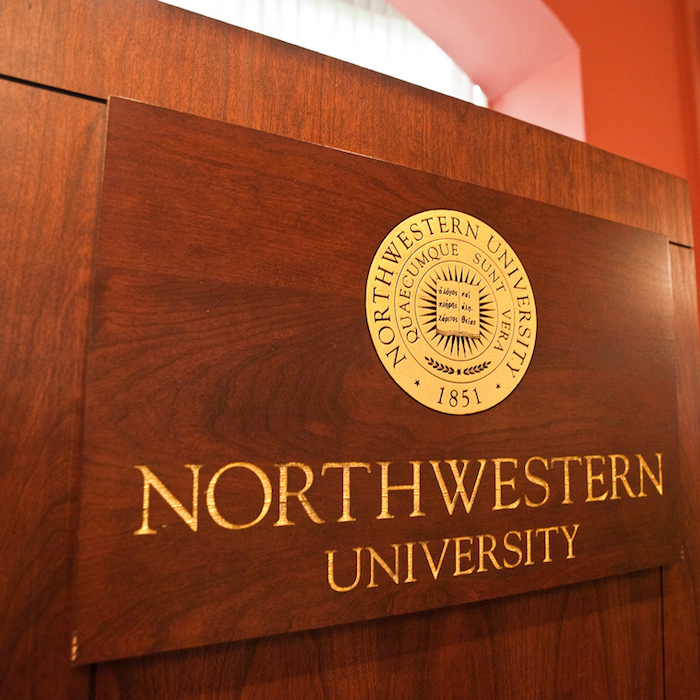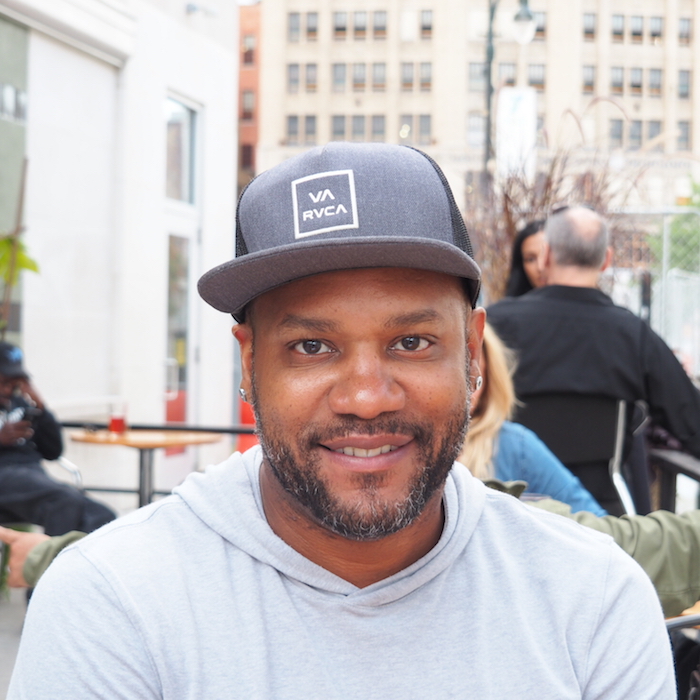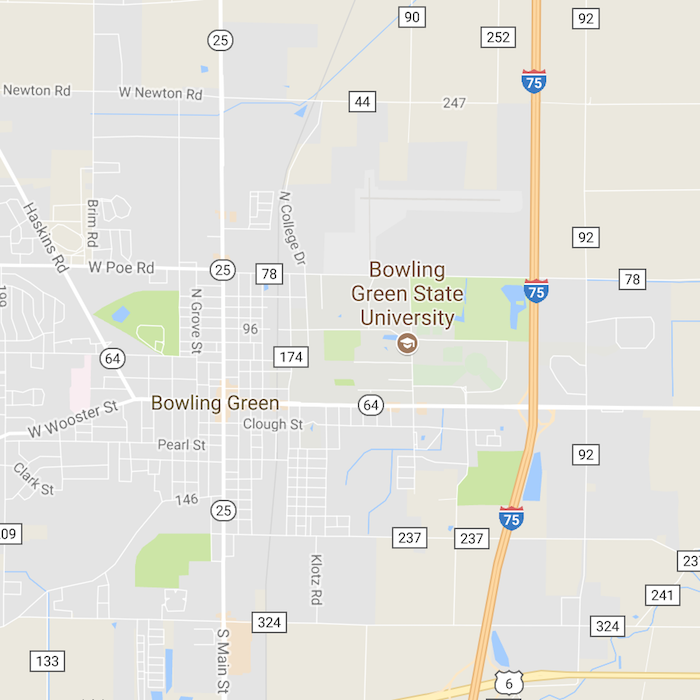Jin is a senior at Harvard College, where he studies Molecular and Cellular Biology. Jin is an undocumented immigrant; his parents came here on a visa and over-stayed it. Our conversation covered how he has navigated being undocumented, the problems with the immigration debate, and how Harvard can better prepare its students as citizens. You can find more of Jin’s thoughts here, here and here.
Citizenship isn’t about papers. It’s about practices:
For a lot of people, citizenship is about papers. It’sa bout being a native-born U.S. citizen. For me, it’s not that. A lot of politicians say it’s not just about the papers that define citizenship. The question for me is, “Are you a part of the political union?”
I would say I am, because of the things I do. To me, you have to do things that demonstrate you’re a member of the country. I’ve done a bunch of things that show I want to do my part. One of the things I did until this year was direct a naturalization program that helped low-income people in Boston. It was called “Chinatown Citizenship.” People come to Harvard’s campus on Saturday’s and Sunday’s. We tutored them on how to pass the test. It’s practical, but we also engage with them on a more personal level. We want to understand the problems they face beyond the test.
The problems with the debate about immigration:
In the national conversation around immigration, we talk about it as a national security issue. Perfect example: “Secure the border.” Because we talk about immigration as a physical issue, it becomes associated with the Southern border. That’s why in people’s psyche they associate immigration with the people who came from Mexico and Latin America.
The immigration rights movement has also focused on a large, but limited part, of the demographic of immigrants. The media has not expanded the idea of the undocumented immigrant. People are seeing Mexican and Latin American immigrants over-and-over again.
People need to understand the truth. They need exposure to undocumented immigrants of all backgrounds.
The hardest parts of being undocumented:
It’s always hard because I can’t vote. I can’t participate in the political process. I can’t run for elected office. So, in some ways, the way I engage in civic life is my way of dealing with the fact that I don’t have political representation.
But there are more subtle ways it’s hard, too. I consider myself an American and a citizen. But if I went to some random place in the country, the idea that many people wouldn’t consider me to be a part of America, that they would be (questioning) whether I really belong here will always be something I have to dance around.
Why “illegal” doesn’t work to describe immigrants:
The first thing I’d say to people is let’s step away from the galley. The big problem a lot of people have with undocumented immigrants is we broke the law. And I get that. I agree with the rule of law. What I’m talking about is substantive legality – is it just to reject people who want to come here and make their lives and the country’s better? I want to change the conversation from whether people follow the laws to whether we have the right laws.
It’s really complicated. There are people who try to follow the law, come here legally on a visa, and then stay because of hard circumstances such as getting scammed by someone who would say they could help. The system doesn’t allow people to do this easily. I’m Korean, I’m undocumented. Your teacher, your doctor might be undocumented. We aren’t the caricature of the undocumented Mexican man crossing on a truck. Those people obviously exist. But it’s not a single story.
An “illegal” is not a thing. The idea of an illegal immigrant doesn’t make sense. When I was first told I was undocumented, I was called illegal, so I had an emotional response. Now, I think, “You don’t understand what you’re saying when you say that!” It’s not even a legally correct term. How can a person be illegal? A lot of people followed the law, over-stayed their visa, and committed a civil offense. It’s more similar to a civil offense like jaywalking than it is to committing a crime.
How things would change for him if he could be a legal citizen:
Everything would change. I would be able to get healthcare. I would be able to drive a car, vote, serve on a jury. All of these formal duties I want to be doing.
But I don’t think that my feeling of belonging would change. I have embraced the American ideals. I grew up here. From a subjective sense, not a lot would change. But so many people’s lives would change for the better with a pathway to citizenship. People could enter the job market more easily. That American promise – about creating a better future by working hard – is going unfulfilled for 11.5 million people. We would be better off if people had a pathway, because we would be living up to American ideals. It was one of our founding ideals.
But that’s just one part of the story. Our parents matter, too. Because they don’t offer as much economic benefit, they don’t get included in these conversations.
Whether Harvard is helpful to undocumented students:
If you talk to undocumented Harvard students, you’ll get a variety answers. My parents make less than the federal poverty line. So getting here and having Harvard pay for me is life-changing. It’s hard for me to say bad things about an institution that has changed the course of my life in a concrete way.
The students and faculty at Harvard are more supportive on this issue than I ever expected. My friends, peers, and professors are really supportive of me and understand that this is something I can’t control.
From an institutional sense, there are things that can be improved. There used to be a central administrator (and I think they’re hiring one now) who helps with undocumented students. But that’s not enough. Some schools in California have entire offices for undocumented students. It’s a space for all undocumented students to come and ask questions. We now have 85 undocumented students, so Harvard should think about creating more concrete resources like that.
How Harvard can better fulfill its mission to educate “citizens and citizen-leaders”:
We need to educate the “citizens and citizen-leaders for society.” That means you have to learn some things about how society does and should work! Harvard has the Gen-Ed system to do that. But it doesn’t function that way. I think Columbia does this a lot better. They have something called a core. They read the Western Cannon. People will complain about the cannon being white. But we can talk about that! Because Harvard has an amorphous thing that you can take what you want in, you don’t have to think about citizenship and society.
To accomplish that, we should have a required course, like expository writing. If you want to be a citizen and citizen-leader, you should have to tackle questions about society and your role in it.
What it means to be an American:
Being an American is understanding that there’s a challenge in your community, and doing something about it. But in addition, a big thing is that in America the condition of your birth doesn’t determine the outcome of your life. This idea of self-determination, that you’re the one who determines your destiny. That’s unique to America!
People don’t get it. When my parents moved here, after the South Korean financial crisis, they immediately thought of America. Why? People come here to build better lives. If we are Americans, we need to understand that people come here to improve their lives. We need to create laws and institutions that people are able to do that. That gets back to immigration. Most people came here to build better lives for themselves.
Obviously, the law is above everything else. But there’s a fundamental promise of America, that your race and gender shouldn’t determine your future. Are we allowing everyone that’s here to realize their goal, the real American goal of improving your life based on hard work, drive, and commitment?
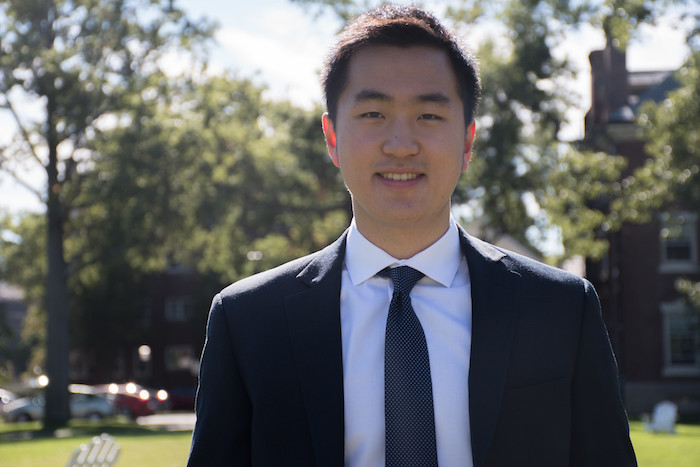
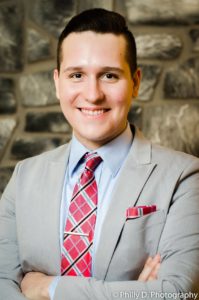 belief in state-created parity. Regardless of your feelings about Michael’s ideas, I would highly recommend reading this article he wrote in
belief in state-created parity. Regardless of your feelings about Michael’s ideas, I would highly recommend reading this article he wrote in 